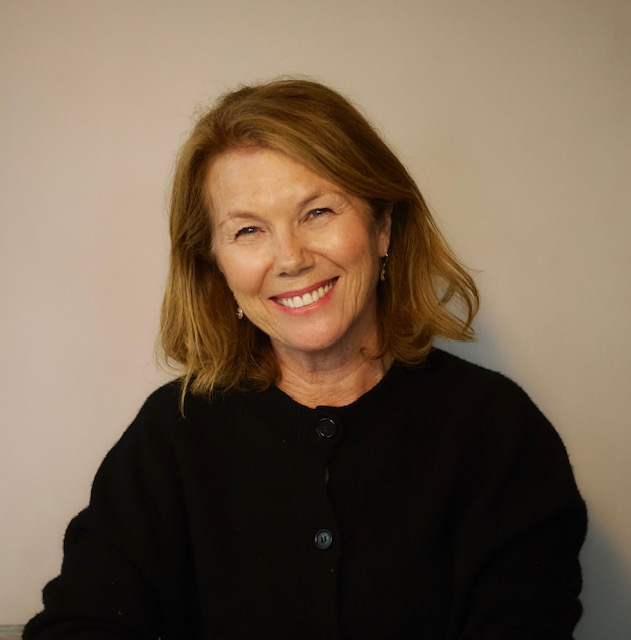
After stepping down as London managing partner following more than 12 years in the role, Alison Eddy – who won the Women in Law Lifetime Achievement Award at last year’s Legal 500 UK ESG Awards 2025 – has taken up a new role as the firm’s partner ambassador for inclusion.
She sat down with Legal Business to talk about her career, D&I, how much progress has been made, and how much still needs to be done.

In 1995 I was approached by Irwin Mitchell to help set up their London office. I was already doing medical negligence work. I got into it because trade unions offered their members free legal advice, and increasingly enquiries were coming in about medical negligence. I handled that, one of the other partners that I joined with did all the employment work, and the third did personal injury work. It wasn’t easy. I had five children aged between three and eleven, and there was no flexible working. Nobody talked about wellbeing, work life balance or diversity and inclusion. We went from the three of us in that office to now 450 people, with 60 partners.
Twelve years ago I was appointed London managing partner. I was the first female managing partner at the firm. We’ve got 23 offices nationally now, with ten regional lead partners looking after all those offices, and over 50% of those partners are women.
‘I had five children aged between three and eleven, and there was no flexible working’
In 2008, I helped set up the diversity and inclusion board. Of course, everyone’s got a D&I board now, but not many firms did back then. Some of us started saying we needed to be doing better at getting women into senior roles and attracting lawyers with diverse characteristics. Senior leaders bought into that. It’s impossible to make change unless senior leaders are committed to it. And the firm remains committed today – all seven of the networking groups we set up are still going.
We started out looking at the barriers for women. We looked at unconscious bias, lack of role models, all of that. One issue is in recruitment, obviously, and another is retention and promotion. What is it that prevents women from staying with the business as they move through their careers? One big issue is support for families, and we’ve been very good on family friendly policies. We’ve seen some really impressive results. 54% of our partners are women, 67% of our recent full equity promotions went to women, and we have one of the lowest gender pay gaps.
‘I see a danger in having too many silos – it risks being more exclusive than inclusive’
This is really about gender balance though – it’s no good having whole areas of the business that are all one gender. We have one of the lowest gender pay gaps in the legal sector, but the problem we have is that our admin roles, paralegals, apprentices, and PAs are predominantly women, and those are the lower-paid roles. We need to look at these roles and say, “Why aren’t we attracting more men?
People talk about intersectionality a lot more, and it’s obviously a good thing. I see a danger in having too many silos. I know of some businesses that have a group for everything – where we have IM Respect, our group for race and faith, other firms might have separate groups for Muslims, Hindus or Jews. I understand why, but it risks being more exclusive than inclusive.
People ask: “Why is diversity important?” There’s a social and business impact. It’s clearly the right thing to do, but there are also lots of business reasons – you get more perspectives on what you’re doing, you can better connect to a broad range of clients, and you’re more open to ideas and innovation.
If you have self-belief and work hard, you can succeed – you just need a bit of luck. Social mobility is one of the biggest issues for the legal sector. Schools and families need to enable children to have big dreams. Obviously not all kids are going to be suited to all careers, but an awful lot can happen with hard work, if you really want to do it. To that end, we do a lot of work with children and in schools, including with an organisation called Prime, to provide opportunities to those who may not otherwise have them. We also partner with the National Literacy Trust. Literacy is everything. Your life chances are incredibly enhanced if you have good literacy at a very early age.
‘Why is diversity important? It’s clearly the right thing to do but there are lots of business reasons too’
We as a profession have made an enormous amount of progress. Coming back to gender, for example: we celebrated the first 100 years of women in law in 2019. But actually, this progress didn’t happen over 100 years – most of it was in the last 30 years, and an awful lot of it has been in the last ten years.
I don’t sense any anti-D&I backlash at all. Nobody at UK law firms is questioning whether we should still have D&I boards or networking groups. Of course, there is this anti-woke thing going on in the wider culture. I really hate to see that. It’s all become weaponized, when it should just be about increasing social justice, about more equality and more humanity.
Although I have a new title, a lot of what I do hasn’t changed. I’ve always been out there talking about diversity, working within the firm and with other organisations to promote the cause. A senior person in the business having this role shows Irwin Mitchell’s commitment to fostering an inclusive culture and sharing ideas on how to have a more equitable legal profession.
The shortlist for the Legal 500 ESG Awards 2025 is out now – all the details of this year’s nominees, as well as how to attend, are available on the event website.







